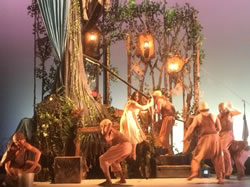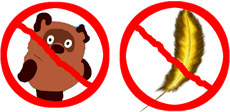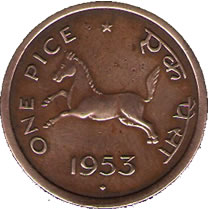
In French the word for play, as in a theatrical production, is pièce or pièce de théâtre.
Pièce also means:
– a room
– a part (of a mechanism or machine)
– a coin
– a patch (on clothes)
– a document
– a piece, as in a one-piece swimsuit or a twelve-piece dinner service.
The word pièce comes from the Old French piece (piece, bit, part), from the Vulgar Latin *pettia, from the Gaulish *pettyā, from the Proto-Celtic *kʷesdis (piece, portion).
Over expressions featuring pièce include:
– pièce à conviction = exhibit
– pièce d’eau = ornamental lake, ornamental pond
– pièce de rechange = spare part
– pièce de résistance = pièce de résistance (main dish, masterpiece; outstanding event or item)
– pièce détachée = spare part, spare
– en pièces détachées = in kit form
– pièce d’identité = ID
– pièce montée = tiered cake
Source: Reverso, Wiktionary




